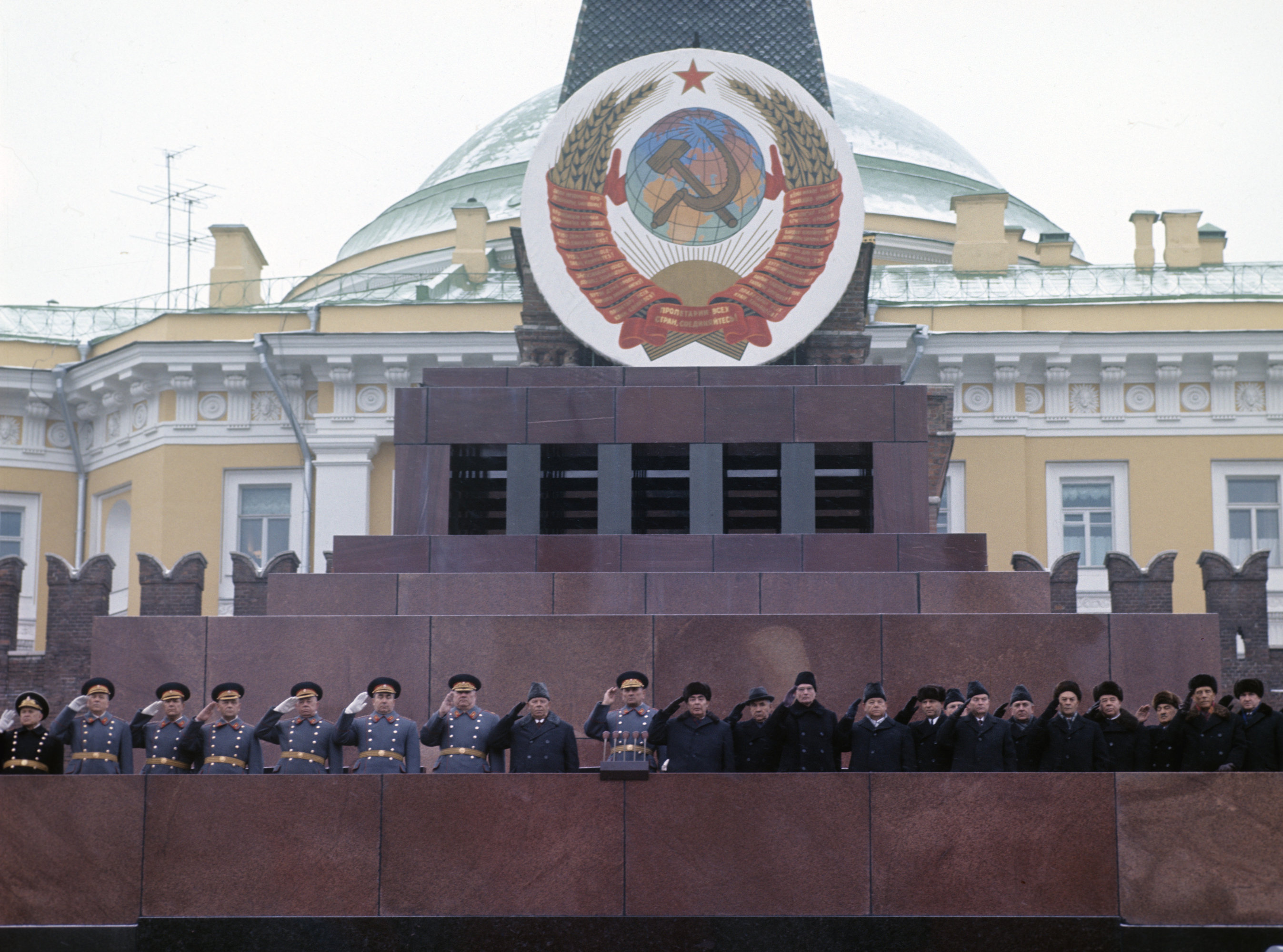MOSCOW, March 15 - RAPSI. The European Court of Human Rights (ECHR) announced its refusal Friday to consider the applications it has reviewed so far as filed by members of Russia's Kalmyk population claiming persecution under the Soviet authorities in the 1940s.
2,716 claimants from the Russian Republic of Kalmykia have asserted that they or their family members suffered political persecution during the Soviet era.
The Russian government has confirmed that the applicants qualify as victims of political repression, thus entitling them to various benefits under Russian law.
Still, the claimants sought damages against the Russian government, an assertion that the Russian courts viewed as baseless.
The claimants then turned to the ECHR, claiming that their fair trial and property rights had been violated.
According to the press release, "The Court has so far declared inadmissible 108 applications concerning these claims. The applicants' complaints were found essentially not to raise any issues under the Convention. The Court will proceed to declare inadmissible all similar applications."
An ECHR spokesperson told RAPSI Friday that while each application will be assessed individually, "Many examined so far have raised identical factual and legal complaints and have been rejected as clearly inadmissible."
When asked for the grounds of the admissibility decision, the text of which has not been published in accordance with ECHR policy, the spokesperson told RAPSI: "In the light of the material in its possession and in so far as the matters complained of are within its competence, the Court found that the admissibility criteria set out in Articles 34 and 35 of the European Convention on Human Rights have not been met."
In 1943, inhabitants of the Republic of Kalmykia were deported en masse to Siberia after having been accused of treason by Soviet authorities. A year prior, the Soviet Army had liberated its territory from a Nazi occupation. Following the accusations, its residents were rounded up without prior notice and deported to Siberia. The Republic was abolished. The Kalmyks were not granted permission to return to their homeland until 1957.



